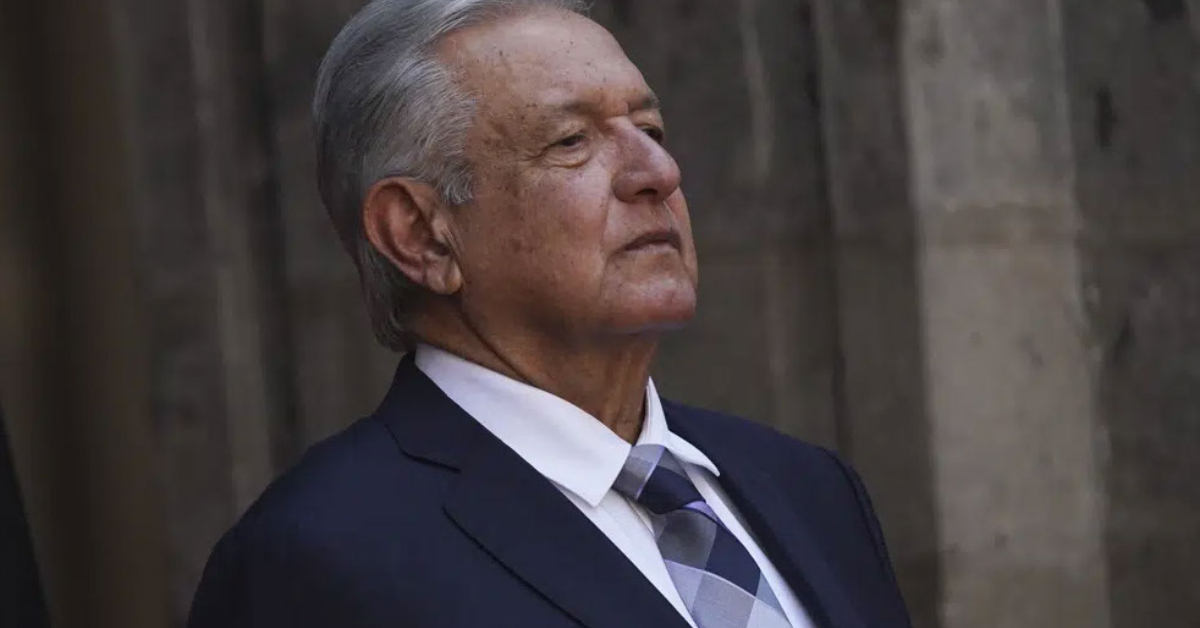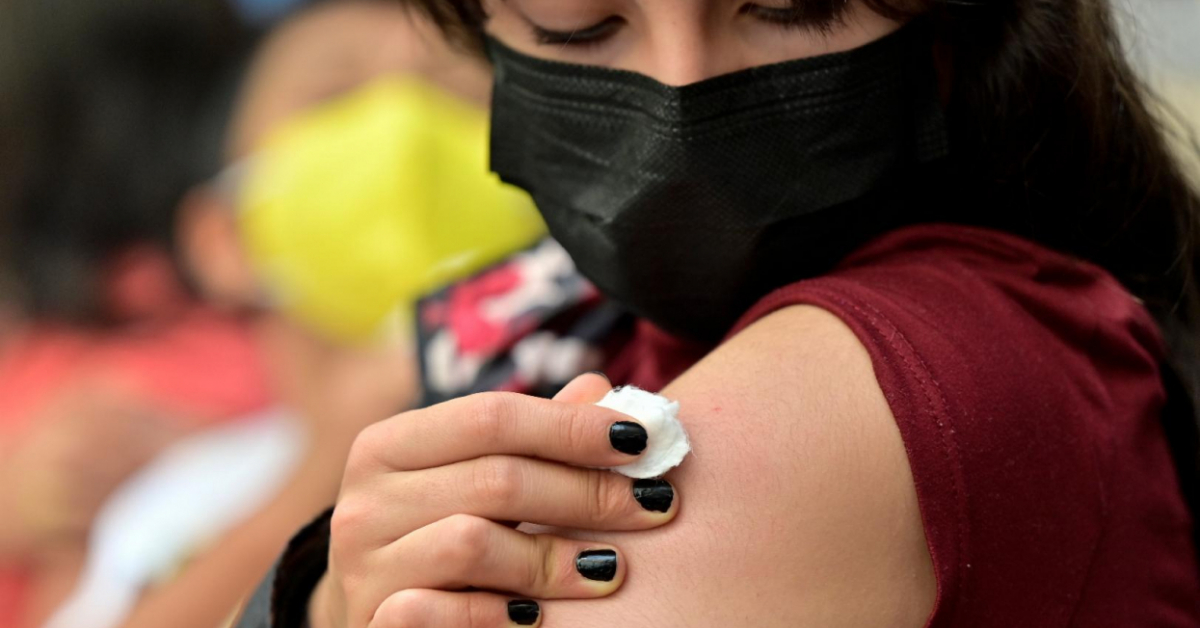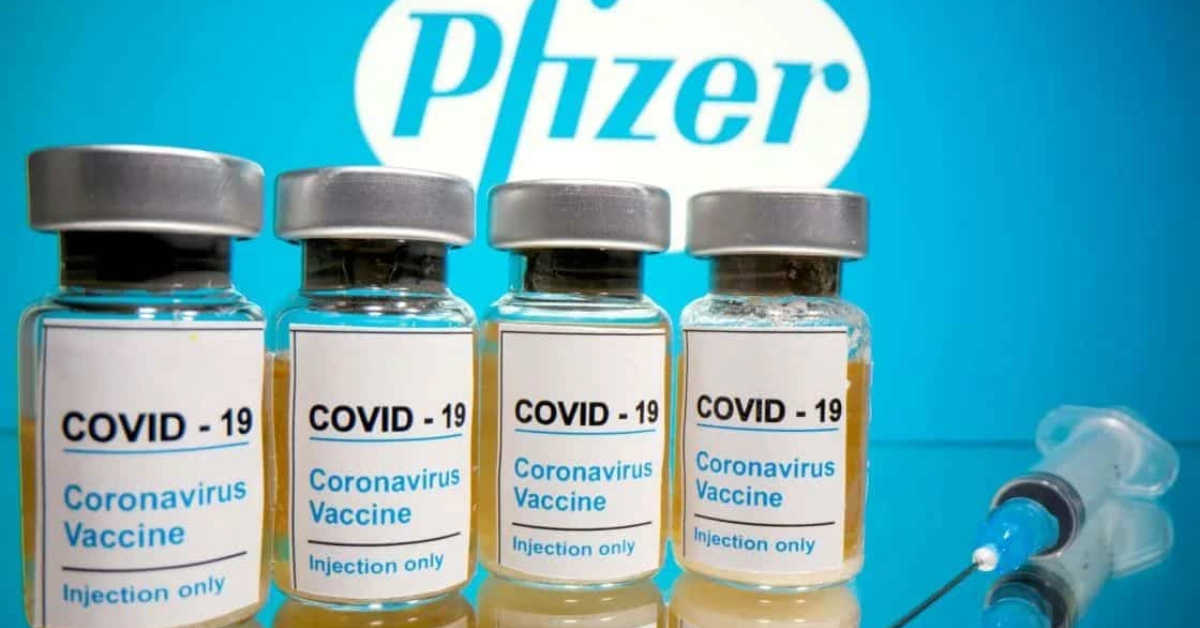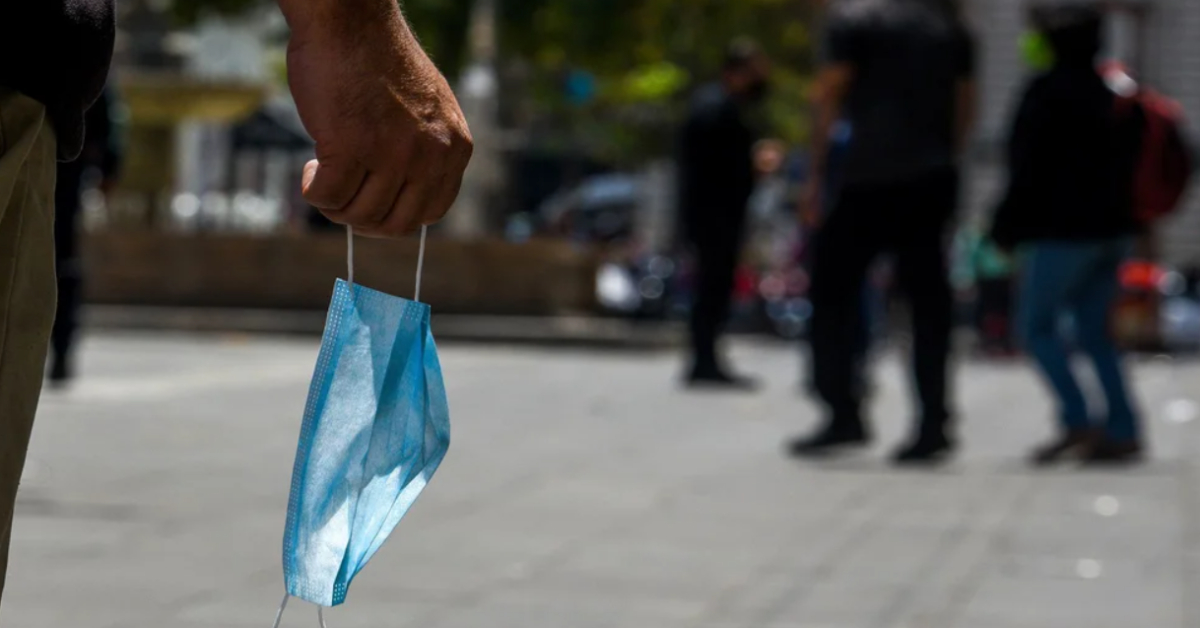Puerto Vallarta, Mexico - Five years after the start of the COVID-19 pandemic, policy experts agree: the world was unprepared, and Mexico’s response stands out as particularly problematic. A president who refused to wear a face mask and was diagnosed three times with COVID during his presidential term, and a Health Secretary who did not believe COVID testing was necessary, killed thousands of Mexicans. What’s more concerning, say members of an Independent Commission of Inquiry into the COVID-19 Pandemic in Mexico, is that the country remains just as vulnerable to another global health crisis.







